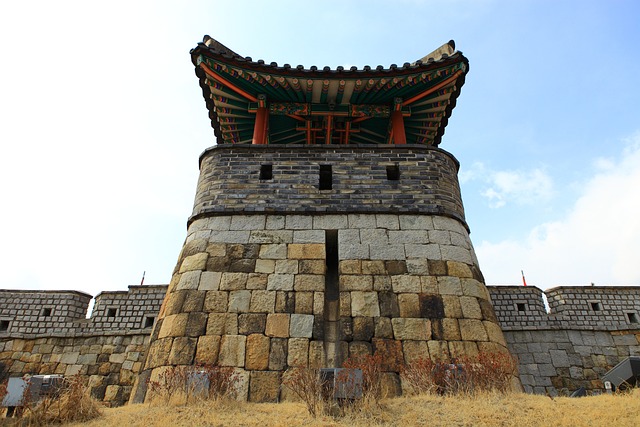The T'ang, one of the opposing factions vying for supremacy, finally rose to the top with the fall of the Sui dynasty in the early 600s C.E. Kaotsou was the first in the T'ang line. His principal general was his son Lichiman, who led the majority of the T'ang's conquests. Lichiman granted pensions to the Sui survivors after seizing Loyang, the Sui dynasty's capital, and destroying their palace to demonstrate that their reign had actually ended. After defeating a coalition of Turkic tribes on the eastern boundary, Lichiman moved on to seize control of the entirety of northern China. He was so prosperous that in 620 Kaotsou abdicated so that Lichiman could govern.
By winning 624 battles, Taitsong finally brought peace to the entire Chinese kingdom. He overthrew the Tartar king, compelling the barbarians to demand peace. As usual, the period of calm was brief, and Taitsong spent years at war with the nomads. The Tartars launched an invasion with 100,000 soldiers in the first year of his rule, coming quite close to the capital city. They were largely turned away by Taitsong alone. He met the Tartars alone with a tiny entourage, humiliated them, and persuaded them to respect the terms of the previous truce and go back to their homes.
Both as a military commander and an administrator, Taitsong excelled. He led by example, slashed taxes, established a just civil service, and provided guidance for the rest of his government. He was a Confucian who believed that a leader must strive for personal perfection in order to advance the harmony of his people. His wife, who was equally committed and knowledgeable as he was, aided him in administration. Without any imperial flourish, they both led straightforward lives. She passed away in 636, leaving behind the Imperial Library and a college.
In 634, Taitsong improved ties between China and Tibet. The Tibetan leader Sanpou urged a Chinese bride to formalize their relationship after starting negotiations. When Taitsong declined, the Sanpou began to prepare for battle. The Tibetans were defeated at the western border by Taitsong's larger army. Tibet became a tributary state of China, and Taitsong gave the Sanpou his own daughter as a wife as payment. The Tibetans started assimilating Chinese culture and giving up their barbarism. Chinese armies defeated another Turkic tribe that year in Kashgar, extending Chinese control as far as eastern Turkistan—the highest extent of national control prior to the Mongol era.
When Taitsong realized his time was running out, he wanted to leave a lasting legacy for his successors. For his son, he wrote the Golden Mirror, a book on statecraft. One of the greatest rulers ever, anywhere, Taitsong is thought to have been the best Chinese emperor of any dynasty. His offspring did not live up to his standards, beginning with his son Kaotsong who wed one of his father's concubines, a fiercely ambitious woman who became known as Empress Wu. She was the force behind the throne, and after Kaotsong's death, she openly ascended to the throne as one of only a few of women in Chinese history to do so.
Following the 80-year-old Empress Wu's passing in 705 came a string of ineffective rulers. The Tibetans in the west and the Khitan Mongols in the north continued to be targets of border conflicts. The Chinese relied more and more on Turkic mercenaries in the middle and latter half of the eighth century, who proved to be competent fighters for the Chinese; at the same time, Turkistan accepted Chinese assistance to keep the Muslims at bay. Chinese society suffered as a result of the ongoing conflict. 52 million people were counted in China in the beginning of the 700s; by 764, that number had decreased to 17 million. The final emperor of the T'ang dynasty abdicated in 906, handing up sovereignty to one of his generals.

References:
Boulger, Demetrius, The History of China, 2
vols. (Freeport, NY: Books for Libraries, 1898);
Macdonald Orbis, 1989); Wei, Cheng, Mirror to
the Son of Heaven, ed. and trans. Howard Wechsler
(New Haven, CT Yale University Press, 1974).
Posted using Proof of Brain
